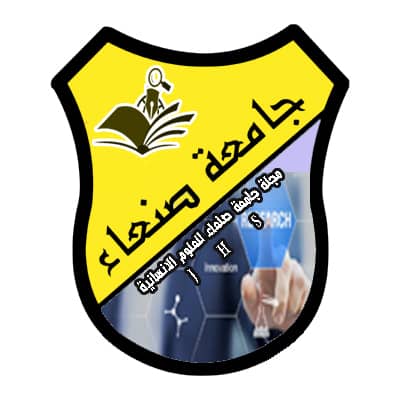The Role of Internet Network in Improving the Performance of University Faculty Members in Sana’a University and University of Science and Technology
Main Article Content
Abstract
The study aimed to identify the role of the Internet in improving the performance of faculty members at Sana'a University and the University of Science and Technology, and the different demographic variables (gender, age, degree, university, colleges, teaching experience, training courses) on their uses of the Internet in the educational process, and the comparative approach was used, and the questionnaire was adopted as one of the information collection tools, and it included (22) items, and was distributed to a stratified random sample of (260) members, and statistical methods were used: Cronbach alpha stability coefficient, T.test test, single variance analysis test (F.test) called (ANOVA), difference trend test (LSD).
The study found that the level of faculty members' use of the Internet in the educational process was average, and the paragraph "Use the Internet in the educational process" was the most used, while the paragraph "I employ Tik Tok in creating and publishing videos about the course" was the least used, there are also no statistical differences due to demographic variables (gender, degree) towards the use of the Internet. There are statistically significant differences due to the following variables: age in favor of the group from 30 years to less than 40 years, university in favor of the University of Science and Technology, specialization of colleges in favor of colleges of applied sciences, teaching experience in favor of the group from 10 years to less than 20 years, and training courses in favor of two courses to less than 5 courses).
Downloads
Article Details

This work is licensed under a Creative Commons Attribution-NonCommercial-NoDerivatives 4.0 International License.

